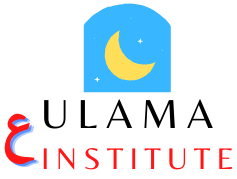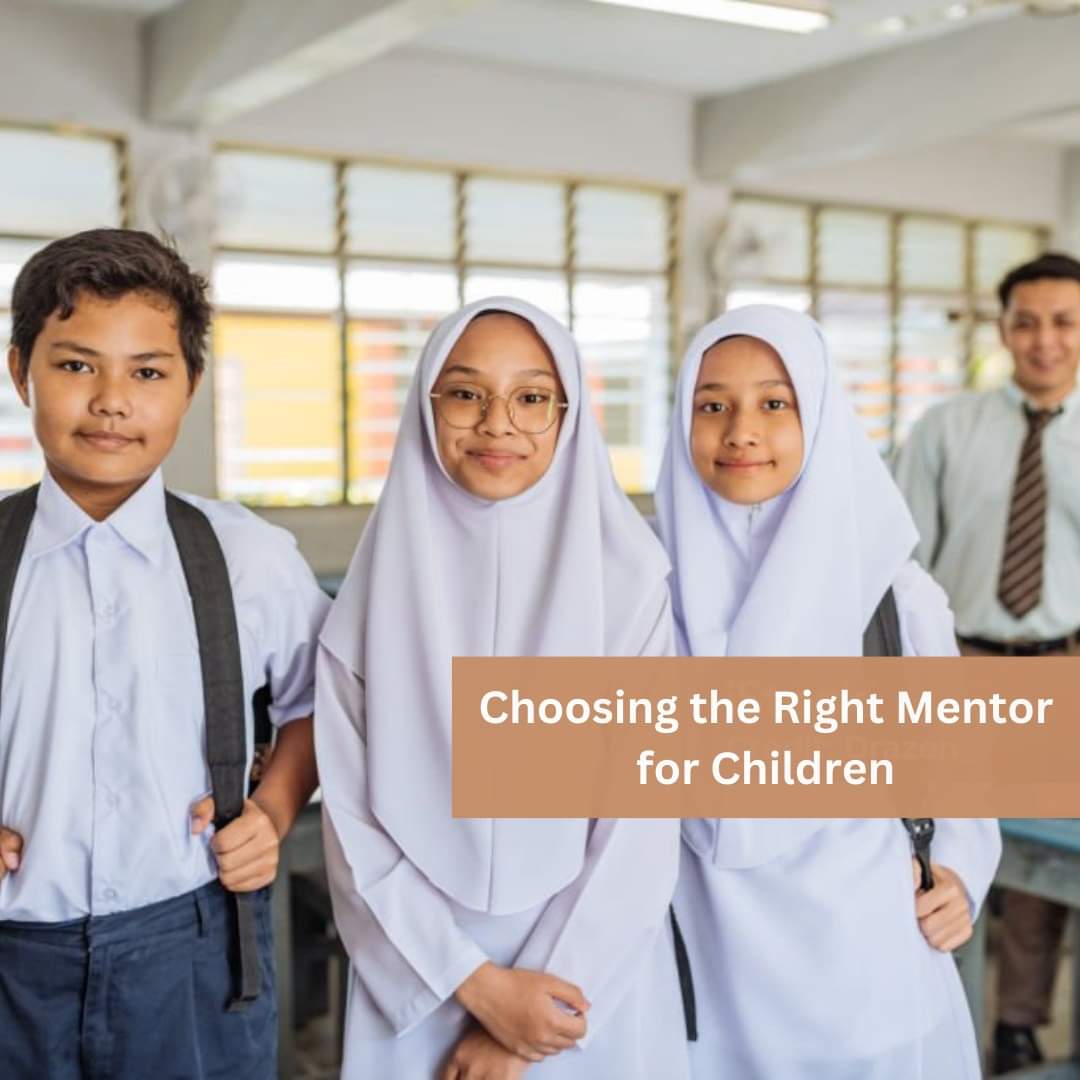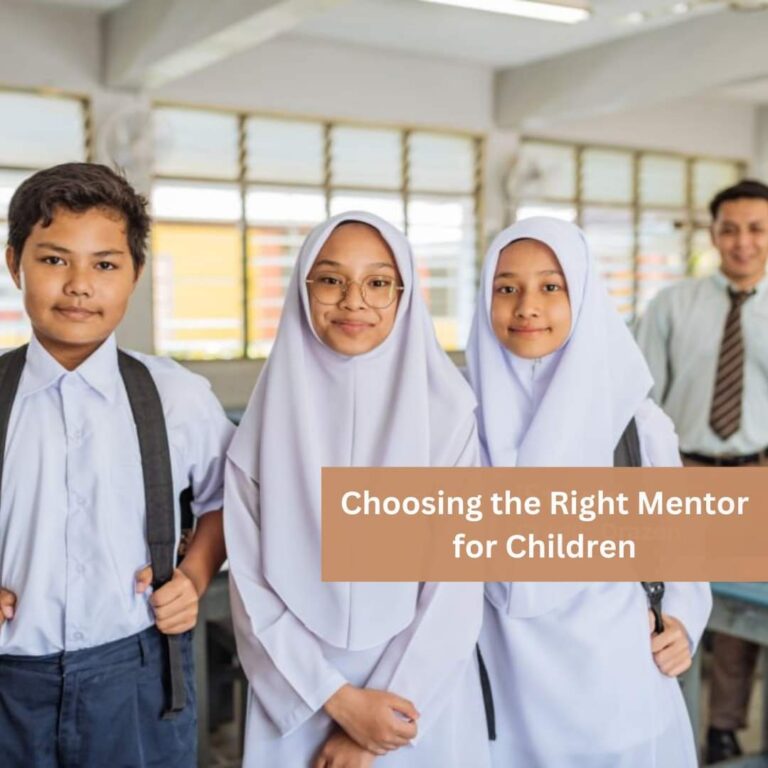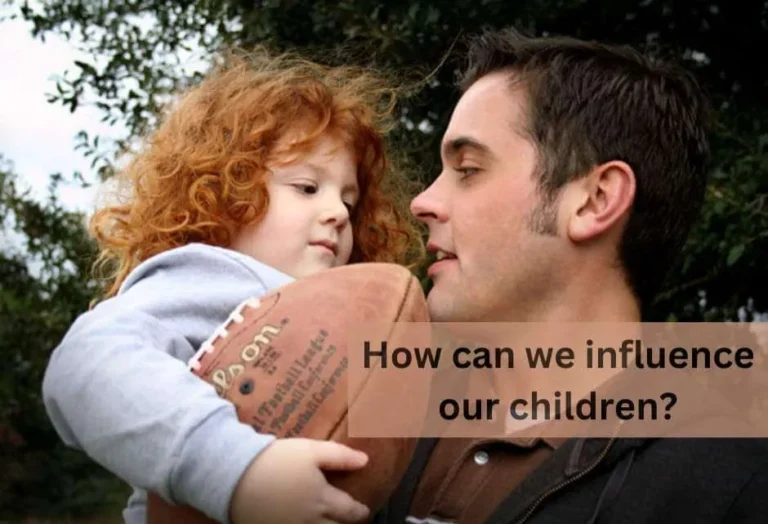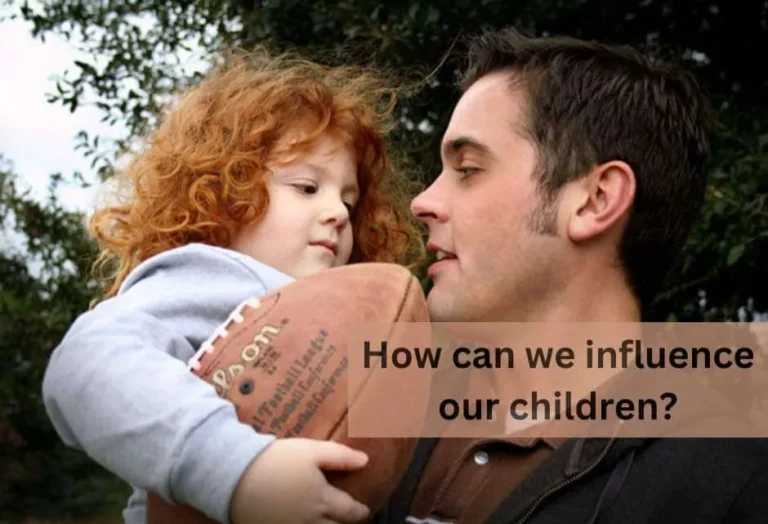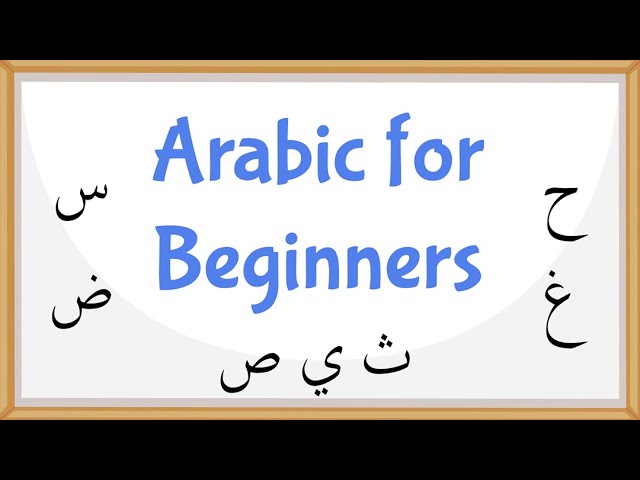Choosing the Right Mentor for Your Child’s Islamic Education
when most parents search for a teacher for their children, they are often looking for a “mentor” i
In Western countries, when most parents search for a teacher for their children, they are often looking for a “mentor” in the contemporary sense. This means that many of them, as I have observed through my interactions with them, do not want the teacher to only teach their child how to read the Quran or instruct them in speaking Arabic. Rather, many of them want a mentor for their children – a wise person who knows how to nurture the child and teach the basics of Islam in a way suitable for their age and the nature of the country in which they live.
However, during the search process, some parents fall into two problems: the first is what I call the “wrong choice,” where many parents do not distinguish between an Arabic language teacher, a Quran teacher, and a teacher of Islamic studies or what I prefer to call a mentor. The Arabic language teacher is specialized in teaching the Arabic language with its four skills of listening, speaking, reading, and writing. They do not deal with Islamic issues or the spiritual interaction with children. Moreover, they are not involved in teaching children the classical Arabic language, which could enable them to understand the meanings of the Quran, as most Arabic language curricula for non-native speakers are modern standard Arabic. It is not hidden from experts that modern standard Arabic is different from the style of the Quran.
As for the Quran teacher, their role is to teach how to read the Quran correctly, correcting pronunciation and mistakes. However, they are not meant to interpret the Quran. They may assist your child in explaining some short chapters, but fundamentally, that is not their specialization.
The teacher of Islamic studies is primarily concerned with the spiritual interaction with students and guiding them to the right path, providing psychological support.
Before parents start working with a teacher, it is important to ensure that the teacher’s specialization is suitable for the educational goal. It is not logical to choose an Arabic language teacher and ask them to explain Islam to your children, as you are burdening the teacher with something that is not within their scope. The same applies to other teachers, whether Quran or Islamic studies.
The second mistake parents make is thinking that the teacher of Islamic studies is a magical tool to influence children. This is not true; the teacher is primarily a guide and mentor, but they are an assisting factor because the primary responsibility of education lies with the parents.
These points need further clarification to explain how education yields its fruits and the role of both parents and educators in this task. This will be addressed in the next topic, God willing.
